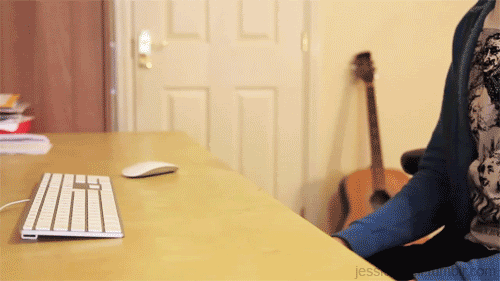These tweets from @sal_brown caught my attention a few weeks ago (the nature of Twitter is that they're listed here in reverse order):
I was reminded about them again at an event I went to last week to celebrate Sally Macintyre’s contribution to health inequalities research and policy. Amongst all the many other complementary things people had to say about Professor Dame Sally, one of the common factors seemed to be that she keeps asking the right questions.
I guess the explanation for the bloke on train incident is that he thought he was applying for a lecturer-as-in-teacher job, whilst the interview panel thought there was at least a bit of lecturer-as-in-researcher involved.
What these tweets and the comments on Sally Macintyre’s career leave me wondering is whether or not “research plans” and posing the right research questions are really the key to a successful research career.
Sometimes I feel a little overwhelmed by all that it takes to be successful in research. You need grants, and papers, and conference presentations, and research students who submit good work on time, and to teach well enough that you aren’t slammed in feedback, and to do peer review for other people’s grants and papers and then maybe join an editorial board or research funding committee or both, and to make sensible contributions to your institute’s research strategy committee, and to do public engagement well enough that it’s not embarrassing, and to try and engage with policy enough that you have some sort of ‘impact’, and to do a bit of adminny stuff on the side.
And, and, and the list goes on. And what I really want is some way to get to the essence of what I really have to do. Otherwise I might just find it impossible to juggle everything. Getting a grant should lead to papers, and presentations and maybe some good students. Good papers and presentations lead to peer review requests. So maybe grants are the essence that I’m looking for.
I have come across people who have built a very respectable career on hardly any external research funding. They tend to be people who focus on secondary analysis – things that you can do pretty quickly yourself without much in the way of external expertise or support. Sometimes I’m jealous of these people – getting to play with Stata themselves, rather than just getting to look at other people’s output. Other times I wonder how limiting it must be to never be able to do anything that isn’t free. I love secondary analysis as much as (more than) the next person, but sometimes I want to do things that even the most inventive use of secondary data wont allow.
Either way, tho, whether you go for primary or secondary data, you are reliant on your research plans. So maybe it’s true, unless you have ideas for research, and original research questions you’re never going to get anywhere.
But what about all those people who have long and respectable careers but are rarely, if ever, principal applicants on grants? The career researchers, rather than academics, that our departments are all built on. These are the people who seem to know how to get things done. Yet they are not the sort of people who regularly lead grant applications. Do they need to have lots of great research ideas?
So maybe the right question here is not “what is at the heart of a successful research career?”, but “what do you mean by successful?”. Is that it?







